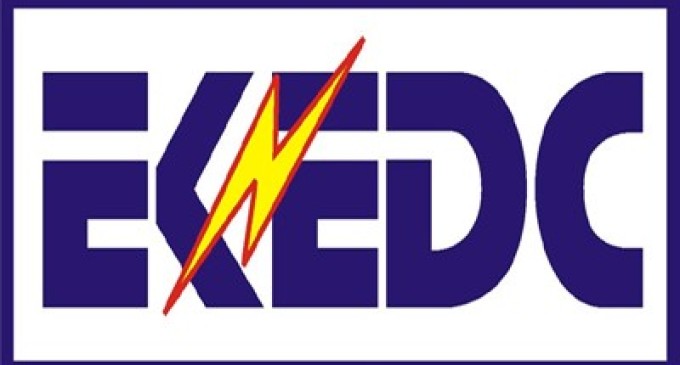Managing Director of Nigeria LNG Limited (NLNG), Mr. Tony Attah, in Lagos at the 2nd West Africa International Petroleum Exhibition and Conference (WAIPEC), has called for early departure from rampant use of fossil fuel consumption and reduction in carbon footprint by relying on gas.
Speaking largely on ‘Global Energy Transition: Which way forward Nigeria?’, he said time has come for said Nigeria to unleash its gas potentials, support NLNG’s expansion programme, Train 7 project, in preparation for a world that is fast shifting to modernism driven by gas.
According to him, the global energy landscape is changing with major concerns for the environment, such as global warming, and increasing demand for cleaner energy.
He was of the view that with the fading craze for crude oil as a dependable source of energy, gas is the best option for Nigeria in the future.
Business Hilights recalls that NLNG is owned by four shareholders, namely, the Federal Government of Nigeria, represented by the Nigerian National Petroleum Corporation, NNPC (49%), Shell Gas BV, SGBV, (25.6%), Total LNG Nigeria Limited (15%), and Eni International (N.A,) N. V. S. a. r. l (10.4%).
Attah averred that “The best bet for Nigeria is gas. It is available in abundance and three times cleaner than oil in terms of carbon content. Nigeria has to begin to think about the relevance of oil in the future. Nigeria has to start to develop its gas resources in readiness for this future. Some critics say gas is not profitable but let me draw your attention to Qatar, a small fishing economy which was transformed from a GDP per capita of $2,000 in 1970 to a GDP per capita of $124, 000 in 2017 using gas.
“Gas can lift Nigeria, which is where NLNG comes in. NLNG is producing 22 Million Metric Tonnes Per Annum (MMTPA) but we are not resting on our oars. We want to construct a Train 7 that will increase our capacity to 30 MTPA. It is time for gas. It is time to unleash Nigeria’s potentials. That is how we can survive the future with increasing appetite for renewable energy.
“The thirst for cleaner energy is increasing and a lot of that has to do with increasing environment friendly policies. Countries like the United Kingdom, Sweden, Norway and many other countries are making moves to significantly reduce their carbon footprint. Take for example India, which aims for 40% renewable energy by 2030. UK joins France to ban fossil-fuel cars by 2040. Norway aims for all new passenger cars and vans sold in 2025 to be zero-emission vehicles while Sweden has committed to 100% renewable energy by 2040.”
“The world’s population will grow by an additional 2 billion people by 2050. They will need energy. Where will it come from? Most stakeholders in the future will not accept the carbon emission levels that are prevalent now. Renewables play a significant role in the growth of electricity, contributing almost 40% of the growth in global power generation in 2016. By 2040, EIA estimates that 31% of world electricity consumption would come from renewables, roughly half of which will be from hydropower, as wind and solar power will grow rapidly in the coming decades.”
He called on several oil and gas executives who are still living in illusion that the advent of renewables will not succeed or last, saying the world is already moving on with renewables.
In his further submission, the chief executive of NLNG argued that “The energy mix is fast changing and Nigeria has to come to terms with that. Nigeria’s proportion of global total proven oil reserves is 2.2% and gas on the other hand is 2.8%. What are we going to do with these resources? There is still coal in Enugu and all these fossil fuels will still exist in the future but will they be acceptable as a source of energy? I think that is the harsh reality we have to prepare for”.









